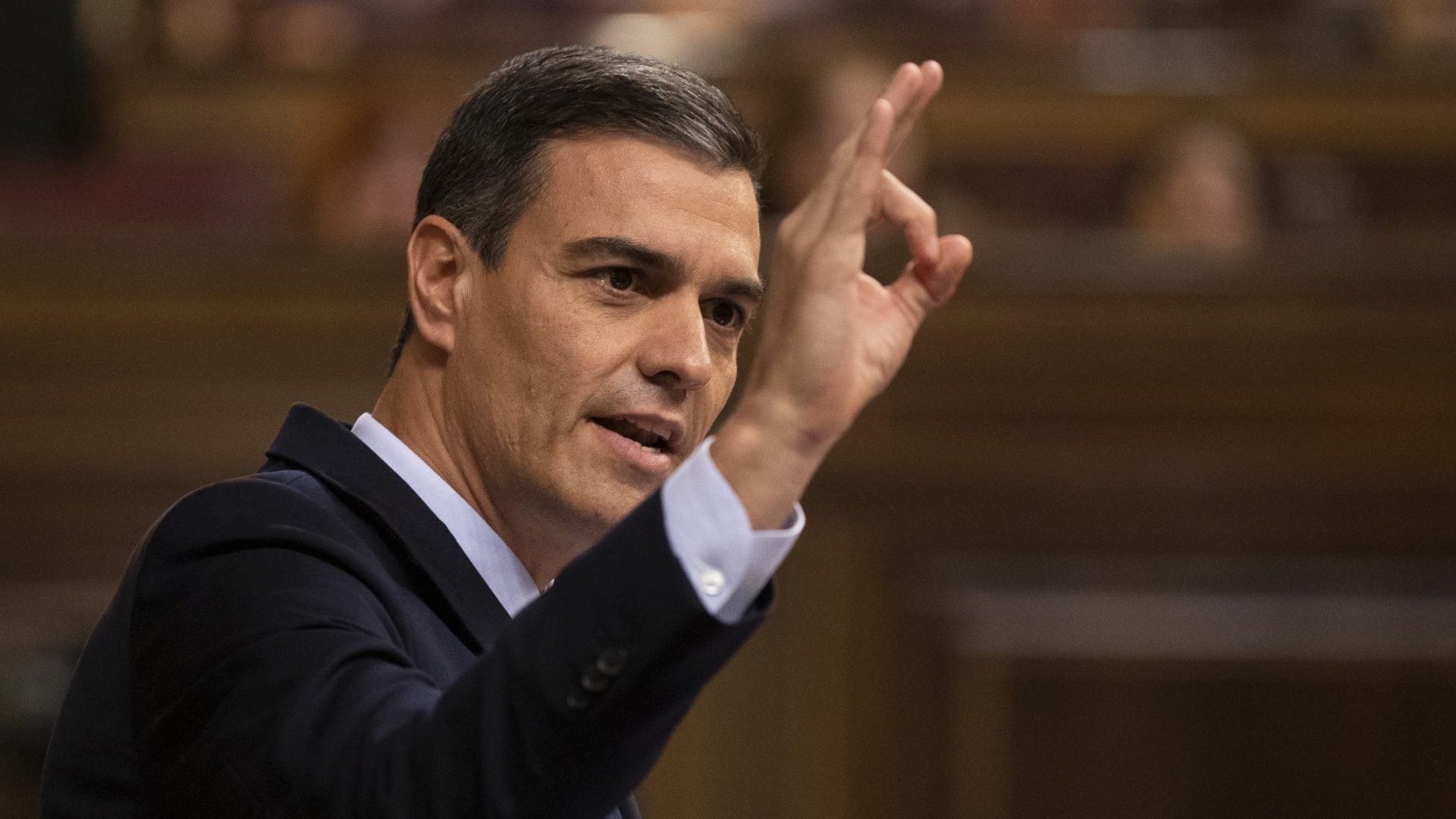In the Basque Country, the decision of Spain’s prime minister Pedro Sánchez to stay in office rather than resign was greeted with a sigh of relief – and then indifference. There was pleasure that the conservative People’s Party wouldn’t have the opportunity to try and form a government. But the prospect of Sánchez remaining as prime minister hardly had them dancing in the streets.
On Wednesday, April 24, Sánchez had stepped back from public duties until the following Monday saying that he needed to “stop and reflect” on “whether I should continue to lead the government or renounce this honour”. The bombshell announcement came after a court opened a preliminary inquiry into his wife, Begoña Gómez, over allegations of influence peddling and corruption.
The case was brought by a group called Manos Limpias (Clean Hands), whose leader, Miguel Bernad, is linked with the far right and who has admitted the claims might be false. Sánchez branded the whole thing as an “operation to harass me by land, sea, and air to try and make me give up politics through a personal attack on my wife”.
Over the next five days, Spain’s politics took on a soap opera level of ridiculousness. The opposition branded the move as pure politics, while his the PM’s publicly begged him to stay on. In Madrid, more than 10,000 people gathered in front of his party’s headquarters in a show of support for the prime minister.
And last Monday, Sánchez said that “thanks to this mobilisation, I have decided to continue leading”. He promised to carry on as prime minister “with more strength if possible”.
Koldo, a musician and music teacher from Bilbao, was cynical about Sánchez’s announcement from the start. “From what I’ve seen, he doesn’t have any ideology or anything like that. He is doing everything only for his own gain. And after all that happened, he is learning that he can get away with almost everything. He has been doing all he can to maintain himself in the government since the beginning,” he said.
But despite all the theatrics, he admits that in the Basque Country, the general preference was for the PSOE (Sánchez’s party) to remain in government rather than the PP.
Lorea, a Basque and English teacher, was never convinced by Sánchez’s ‘performance’. “His desire to be in power has always seemed very evident… in order to keep his position he has allowed himself far more licences than he should have,” she tells me.
Since elections in July 2023, Sánchez has been reliant on the votes of Basque and Catalan parties who support independence from Spain. That reality has seen him champion Basque and Catalan. For the first time, they can now be spoken and translated within Spain’s parliament. He has also made controversial pacts with separatist parties in both regions, including passing an amnesty law for those involved in Catalonia’s illegal independence referendum.
These moves have outraged right wingers but endeared him in certain autonomous regions. The pushback and rhetoric from the right wing PP party and the far right VOX have alarmed many people in the Basque Country. Janina is one of them.
“I’m not really into politics, I don’t understand it. But I can tell you that I prefer Sánchez to the alternative. Although I’m not a huge fan of him, I prefer him to PP or Vox. Because living in Bilbao, in Euskadi, it’s better to have someone from the left than someone from the right.”
That may be the consensus in the Basque Country and Catalonia, but people have still been perplexed by the prime minister’s speech. Most expected Sánchez to call a vote of confidence or to have another trick up his sleeve. He didn’t.
Instead, Spain is left with the same leader, who caused turmoil by taking five days off from the job to reflect, before deciding that he really wanted to keep it.



